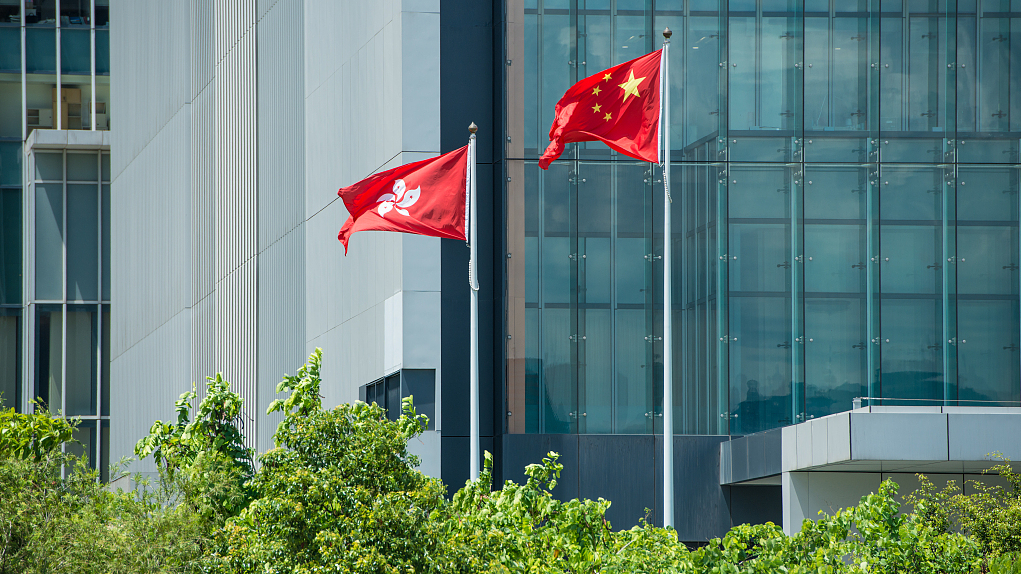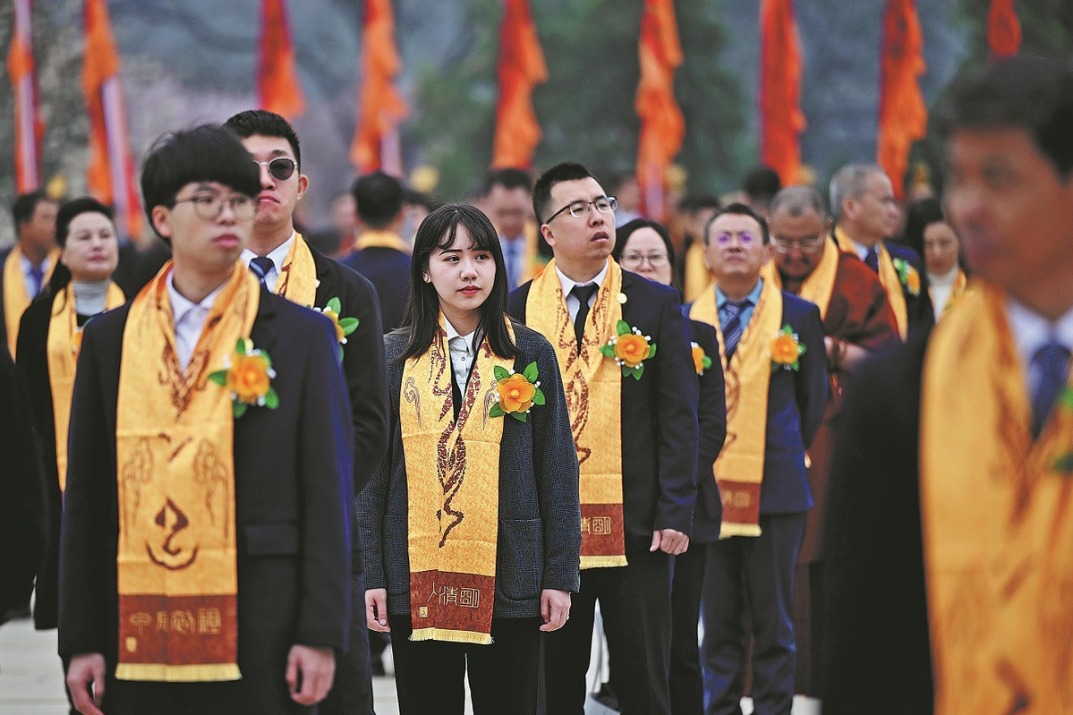National identity key to HK's prosperity
By Li Peiwen | China Daily | Updated: 2019-11-27 08:23

What started as a protest against the extradition law amendment in the Hong Kong Special Administrative Region more than five months ago soon turned into riots during which the rioters attacked police officers, police stations, ordinary SAR residents, and occupied college campuses throwing normal life out of gear in the city. This is the most serious administrative crisis Hong Kong has faced since its return to China.
That the radicals have not abandoned their agenda was more than evident during Hong Kong's district council elections on Sunday as they resorted to illegal activities to affect the results.
To deal with the future situation, especially because the opposition camp has won a large number of seats in the district council, the authorities need to take both short-and long-term measures.
In the short term, the SAR government should take effective measures to prevent the recurrence of the riots and restore social order. President Xi Jinping made clear the central leadership's position in his speech at the 11th BRICS Summit in the Brasilia, Brazil, recently. He said the rioters have tarnished Hong Kong's image as a city ruled by law, seriously undermined its stability and prosperity, and challenged the bottom line of the "one country, two systems" principle.
However, Xi also emphasized that the central government will continue to support the SAR government to strictly enforce the law, and the Hong Kong judiciary should punish the rioters for their crimes.
The Hong Kong government should also adopt a strategy to prevent social chaos by creating more employment opportunities so as to narrow the economic gap in the city and win the support of Hong Kong residents. But it should do so only after determining the root cause of the chaos and quelling the riots according to law.
Besides, the entire Hong Kong society should make efforts on boost Hong Kong's economic development under the "one country, two systems" framework.
In this context, Hong Kong residents could learn a lot from the Macao SAR's successful practice of "one country, two systems". Macao has made a great success of "one country, two systems" as it has followed an integrative development path. Only through such an integrative development path can Hong Kong give full play to the advantages of the "one country, two systems" principle and create a win-win situation.
We hope the discussions and reflections would help Hong Kong society to reach a new consensus on how to implement the "one country, two systems" principle, and how to properly deal with any situation that involves the central government and the Hong Kong SAR.
Those in Hong Kong who have remained silent, but want law and order to be restored, have, unfortunately, given a handful of radicals the chance to advocate Hong Kong "independence" and undermine other Hong Kong residents' sense of national identity. These Hong Kong residents have to come forward and let their voice be heard and, more importantly, stress that the future of Hong Kong is linked to the future of the Chinese mainland.
It is important that the central government and all parties in Hong Kong cooperate with each other to resolve the current social issues facing the SAR. For the sake of the entire country including Hong Kong, the central government should support the SAR government to restore social order. It should also implement more inclusive policies and measures to help Hong Kong and Macao residents better incorporate into the country's development, and promote the integrative development of the mainland and the two SARs.
Moreover, the central authorities should also implement policies and measures to enable Hong Kong residents to enjoy more benefits of being Chinese citizens, in order to strengthen their sense of national identity. Only in this way can Hong Kong return to the track of stability and prosperity.
The author is a researcher at the Center for Basic Laws of Hong Kong and Macao Special Administrative Regions of Shenzhen University. The views don't necessarily represent those of China Daily.























